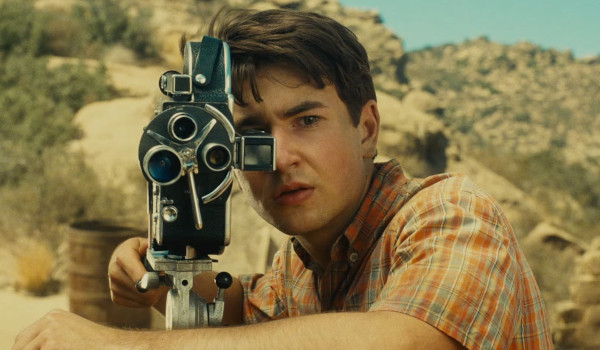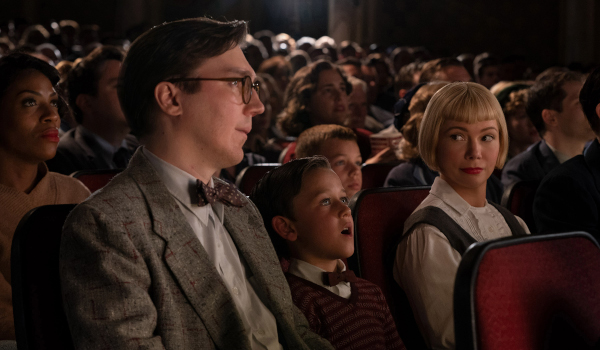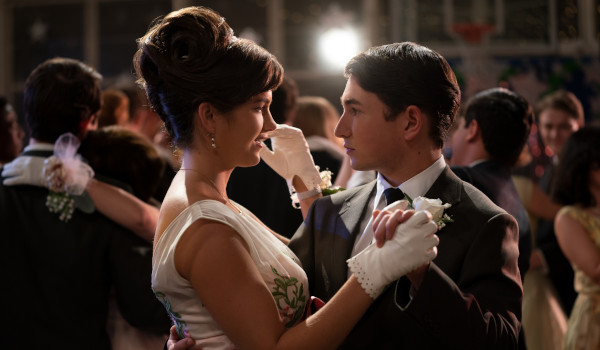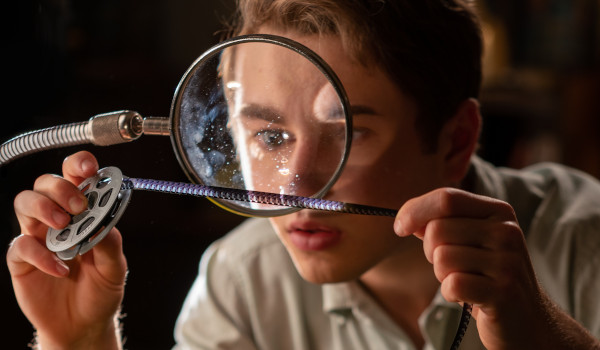- Title: The Fabelmans
- IMDb: link

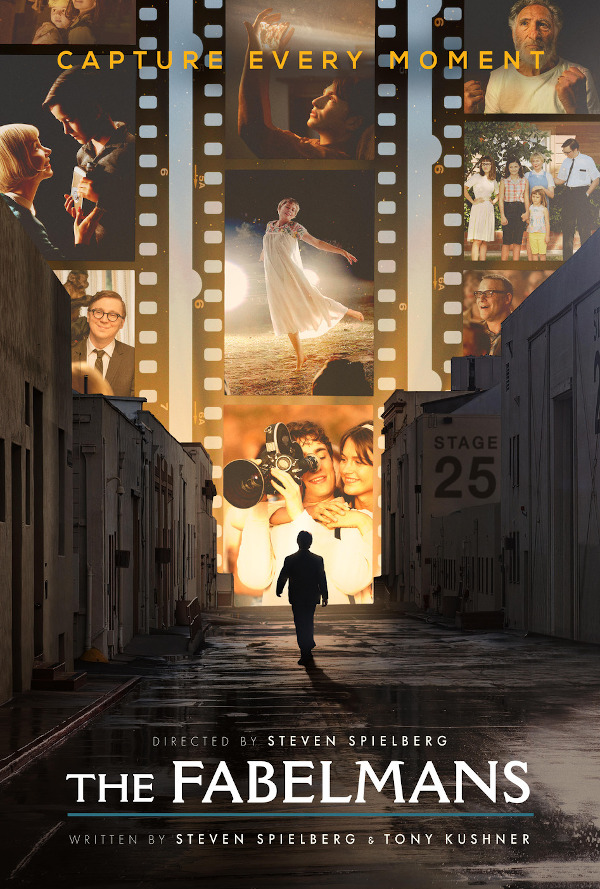 Steven Spielberg‘s semi-autobiographical Hollywood version of his childhood ends on a high note with one of the best scenes of the year (which I certainly won’t spoil for you here). The journey to that moment takes a little longer than it should and feels a bit like a greatest hits album rather than one coherent narrative, jumping around to important moments in the life of Sammy Fabelman (Gabriel LaBelle & Mateo Zoryon Francis-DeFord) which would mold him into the man and filmmaker he would become.
Steven Spielberg‘s semi-autobiographical Hollywood version of his childhood ends on a high note with one of the best scenes of the year (which I certainly won’t spoil for you here). The journey to that moment takes a little longer than it should and feels a bit like a greatest hits album rather than one coherent narrative, jumping around to important moments in the life of Sammy Fabelman (Gabriel LaBelle & Mateo Zoryon Francis-DeFord) which would mold him into the man and filmmaker he would become.
If the film has a weakness it’s how the structure never stays with the characters long enough before moving on to the next important moment in Sammy’s life (his discovery of movies, his first experience with anti-Semitism, creating his own films, falling in love, and discovering a troubling truth about his parents’ marriage). This means that several of these pivotal moments aren’t as well explored or interwoven as they could have been in a more focused script.
Some of these events work better than others, with multiple of the movie’s supporting performances veering over-the-top at times. And often Spielberg will raise a new idea, such as Sammy’s torment in high school that seems to disappear overnight (and seemingly never be an issue again until the narrative returns to the subject far later down the line), only to move on to the next marker on the timeline. While Sammy’s sisters are little more than props, his parents played by Michelle Williams and Paul Dano fair far better in exploring a troubled, but still loving, pillars of the household where Sammy and his siblings are raised.
Sammy’s relationship with his parents and with movies become the foundation of the film as we watch both evolve. While Dano’s performance is understated, we get a sweeping performance by Williams hitting on everything on the emotional spectrum (albeit sometimes veering quite close to melodrama). We’re with Sammy when he first discovers film, learns he can make his own, and struggles between pursuing that dream or making his father proud. And how The Fabelmans works Sammy’s camera and filmmaking into the story, including one of the most pivotal moments of his life, is quite wonderful. We’re also there for Sammy to see the cracks in his parents’ marriage, the sadness behind his mother’s facade, his struggle to understand the truth, and his eventual acceptance of his parents as people, flawed though they be.
With The Fabelmans, Spielberg provides a very likable mainstream film playing on nostalgia for the past and a glamorized version of how the dream of making movies takes hold and grows over time. It’s less revealing than it could be, and it plays things safer than it should, while wrapping the events together in polished fashion. With The Fabelmans, the director delivers perhaps the most Spielberg film the he has made by offering glimpses of where recurring themes from his movies may have been born (at least according the the rose-colored glasses with which we look back at these events). Although too shmaltzy to be a character study or memoir, The Fabelmans never-the-less entertains with its safe for all audience look inside the mind of one of Hollywood’s most famous directors.
Watch the trailer